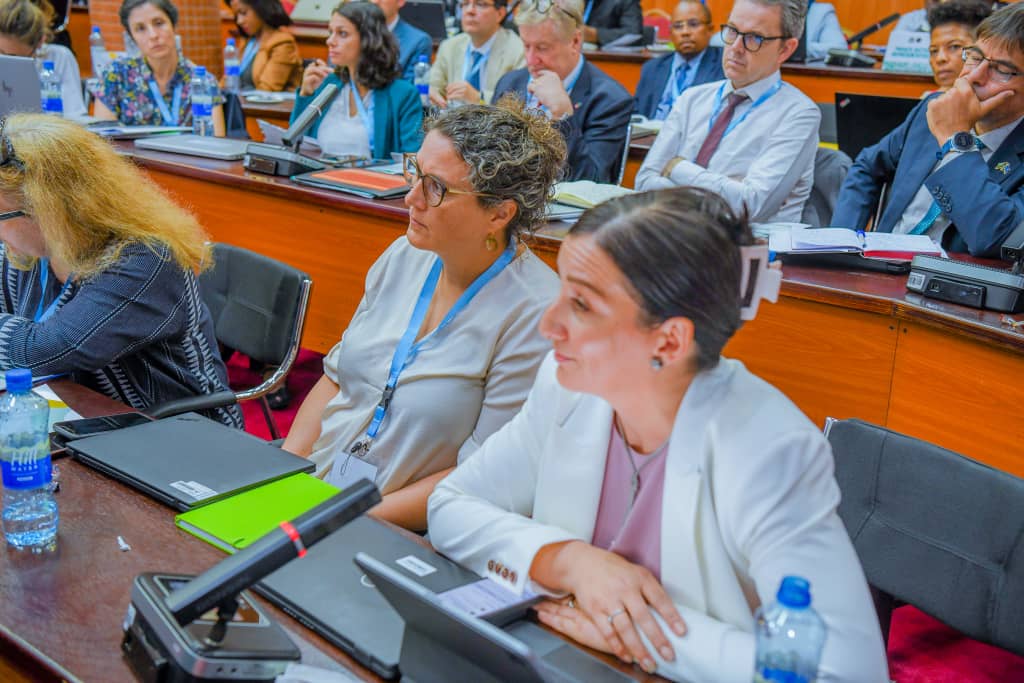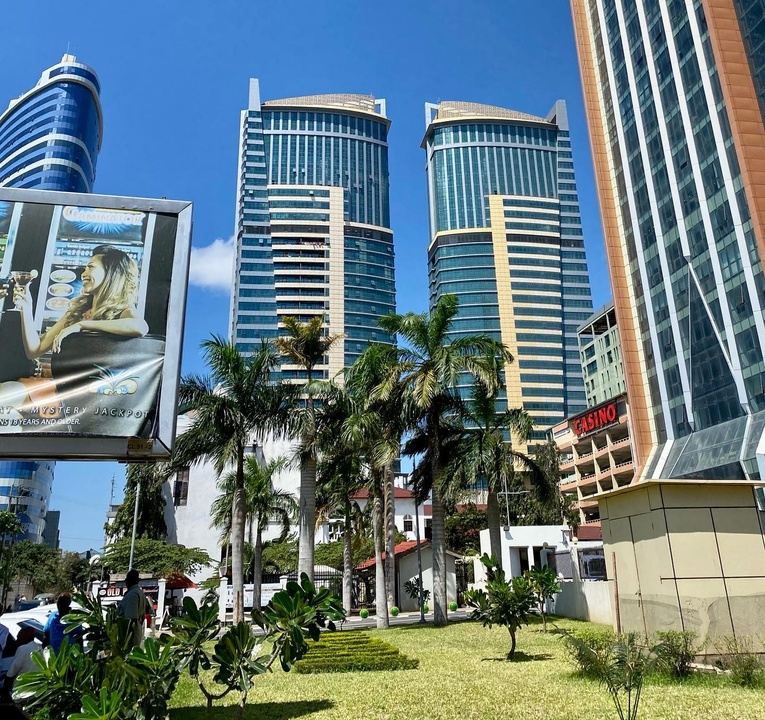In a bold move to boost investment, the Tanzanian government has scrapped 39 non-essential levies and fees. This is part of broader reforms under the 2022 Investment Act, designed to reduce bureaucratic bottlenecks and attract both local and foreign investors.
1. Bold Move in Dodoma: 39 Levies Erased to Spark Investment
During the 2025 High-Level Strategic Dialogue in Dodoma, attended by government officials, development partners, and non-state stakeholders, Zanzibar Principal Secretary Dr. Juma Maliki Akili announced the radical slashing or complete removal of 39 fees and levies. This milestone policy decision is part of a broader agenda to promote macroeconomic inclusion and simplify investment procedures across sectors
2. Streamlining Institutional Frameworks: More Efficiency, Less Redundancy
The government has mandated a re-engineering of investment institutions. This includes merging overlapping mandates and processes—such as those within the Tanzania Investment Centre (TIC) and the Export Processing Zones Authority (EPZA)—into a unified agency. The goal: reduce duplicative charges and accelerate approvals
3. Timing & Rationale: A Deliberate, Systematic Reform
- When? This policy emerged in May 2025, as part of the 2025/26 budget and reform agenda.
- Why now? The government’s own studies in 2023 showed overlapping institutional mandates create inefficiencies, elevated operational costs, and deter investors
4. Measured Impact on Businesses: Real Cost Reductions
Although the full list of the 39 levies isn’t public, similar reform initiatives show real effects:
- Tourism sector examples:
- Five-star hotel license fees cut from US $2,500 to US $1,500.
- Park-entry fees for licensed guides totally scrapped.
- Climbing agency registration fees slashed from US $2,000 to TZS 3 million (~US $1,150).
- Annual tour-guide registration lowered from US $50 to TZS 35,000 (~US $16) mwananchi.co.tz+1thecitizen.co.tz+1.
These kinds of cuts are likely part of the broader fee removal, delivering real savings to local investors and reducing entry barriers.
5. Broader Reforms: Electronic Levies and Taxes
Alongside fee elimination, the government has canceled other controversial charges:
- Electronic transaction levies on bank withdrawals, ATM usage, and interbank/mobile transfers—all scrapped from October 1, 2025 theeastafrican.co.ke.
- Withholding tax on rental income shifted from tenants to landlords, alleviating tax burdens and simplifying compliance for renters theeastafrican.co.ke.
This reflects an overarching move to eliminate “double taxation” and make fee structures more transparent.
6. Expected Results: Business Environment Recharged
- Investor confidence: The reforms signal a decisive stance that bureaucracy won’t restrain business, crucial for attracting both domestic and foreign capital
Operational efficiency: Streamlined one-stop investment authority (soon to be TISEZA) reduces procedural friction tz.cmadvocates.com+4thechanzo.com+4ippmedia.com+4.
Local entrepreneurship: Targeted fee cuts empower local SMEs—especially in tourism, hospitality, fitness, and creative sectors—to expand more easily .






